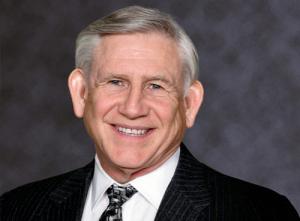Expect the Unexpected
Charles Bayless recently retired as President and Provost of the West Virginia University Institute of Technology. Previously he was Chairman, President, and Chief Executive Officer of Illinova Corporation and its wholly owned subsidiary, Illinois Power Company. Prior to joining Illinova Corporation, he was Chairman, President, and Chief Executive Officer of Tucson Electric Power Company.
"All that glitters is not gold."
- Strider, The Lord of the Rings

To a casual observer it is apparent that storage decreases carbon. During periods of renewable generation, power can be stored, and later, when renewables are not generating, used instead of fossil fuel plants. Casual observers are often wrong.
As we move toward a renewable system, storage is critical, enabling renewables by system balancing, by storing renewable generated off-peak for on-peak use and storing renewable energy for use when renewables are not generating.
However, as we simultaneously transition our economic system to deregulation and our physical system to renewables, we will have four different systems; the old regulated system, the new free-market system, the old fossil-fueled system and the new renewable systems. In this transition there will be many interesting seams problems arising from the four-way interactions between them. The increase in carbon by using storage in some situations is one of them.
A paper published in Environmental Science and Technology entitled "Bulk Energy Storage Increases United States Electricity Systems Emissions," by Dr. Eric Hittinger of Rochester Institute of Technology and Ines Azevedo of Carnegie Mellon shows that as storage is used in today's hybrid system in some applications and locations, it can actually increase carbon emissions.

